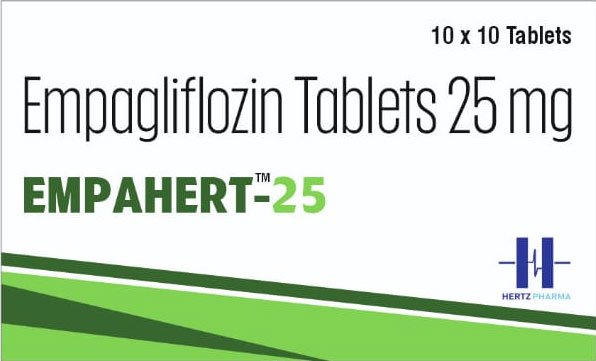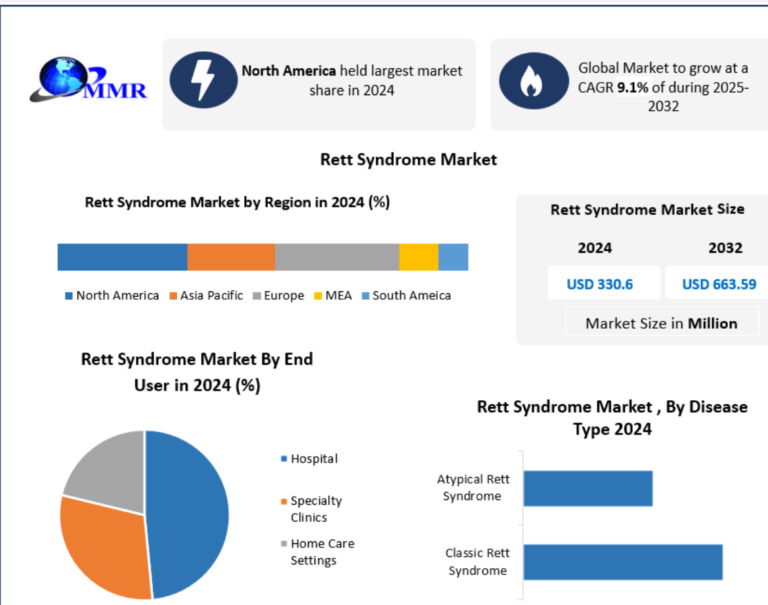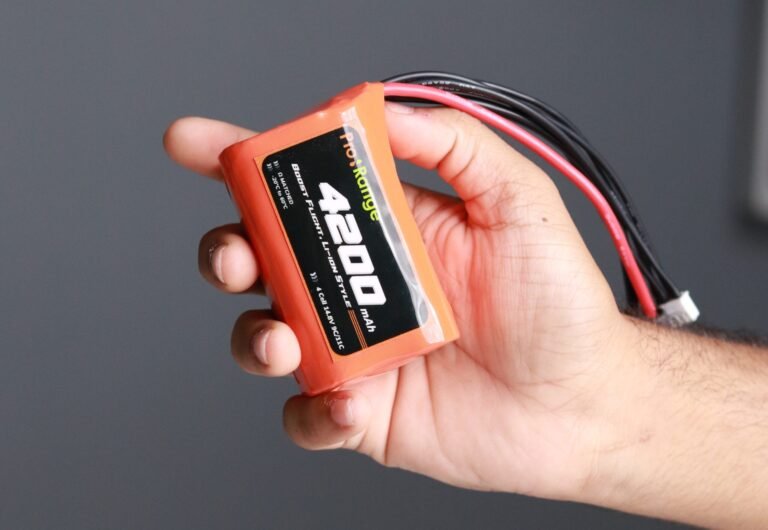Blockchain technology has emerged as one of the most disruptive innovations of the 21st century, offering decentralized solutions for a wide array of industries, including finance, healthcare, and supply chain management. At the core of many blockchain networks lie smart contracts—self-executing contracts with the terms of the agreement directly written into code. While smart contracts have the potential to revolutionize various sectors, their security remains a paramount concern. Vulnerabilities in smart contracts can lead to catastrophic financial losses, hacks, and breaches, undermining trust in blockchain systems.
Traditionally, smart contract audits have been conducted by manual code review, where experienced developers and security experts meticulously examine the contract’s code for potential vulnerabilities. However, with the rapid growth in blockchain usage and the increasing complexity of smart contract coding, manual auditing is proving to be insufficient. This is where AI-driven smart contract audit solutions come into play. By leveraging the power of artificial intelligence (AI) and machine learning (ML), these automated auditing tools are transforming how smart contracts are verified, making the process faster, more reliable, and more scalable.
The Importance of Smart Contract Audits
Smart contracts are programmed to automatically execute transactions when certain conditions are met, without the need for intermediaries. These contracts have gained traction in decentralized finance (DeFi), tokenization, supply chain tracking, and various other blockchain applications. However, their automatic nature means that any flaw in the code can lead to disastrous outcomes, from loss of funds to exploitation by malicious actors.
For example, one of the most infamous hacks in cryptocurrency history occurred in 2016 when the DAO (Decentralized Autonomous Organization) was compromised due to a vulnerability in its smart contract. Hackers exploited a bug, resulting in the loss of over $50 million worth of Ether (ETH). This incident highlighted the importance of thorough, rigorous audits to ensure the safety and integrity of smart contracts before they go live.
Smart contract auditing is essential for detecting vulnerabilities such as reentrancy attacks, overflow/underflow errors, and logic flaws that could result in funds being stolen or the contract executing undesired actions. While manual audits by expert developers remain crucial, AI-driven smart contract audits are now providing an efficient, scalable, and comprehensive alternative to traditional auditing practices.
How AI-Driven Smart Contract Audits Work
AI-driven smart contract audits utilize machine learning algorithms, natural language processing (NLP), and pattern recognition techniques to identify potential vulnerabilities in the code. These tools are designed to analyze large codebases in a fraction of the time it would take a human auditor, providing automated reports with precise vulnerability analysis and suggestions for improvement.
1. Automated Vulnerability Detection
AI tools are able to scan entire smart contract codebases for vulnerabilities, ensuring that all potential threats are detected. This is achieved through a combination of:
-
Static Code Analysis: AI algorithms can read the entire smart contract code and identify security flaws without executing the code. By recognizing known vulnerability patterns, the AI can flag high-risk code snippets that require further review.
-
Dynamic Code Analysis: In some cases, the AI tools simulate the execution of the smart contract to identify potential runtime vulnerabilities. By running simulated transactions, the AI can observe how the smart contract behaves and identify logic flaws that may only appear during contract execution.
-
Pattern Recognition: AI systems can recognize patterns that have historically led to vulnerabilities, learning from past attacks and security breaches to predict new potential threats in smart contract code. This means AI-driven solutions are always evolving and adapting to new threats, offering an advanced form of proactive security.
2. Real-Time Audits
Unlike manual audits that may take days or even weeks, AI-driven audit solutions can perform real-time analysis of smart contracts. This makes them highly suitable for developers working in agile environments who need to ensure their contracts are secure before deployment. Additionally, AI tools can continuously monitor smart contracts after deployment to detect emerging vulnerabilities or potential exploits that were not initially flagged.
The ability to conduct audits in real-time also accelerates the development process, enabling teams to identify and rectify vulnerabilities early in the design phase, rather than after the contract is live.
3. Smart Contract Optimization
AI doesn’t just identify vulnerabilities; it also helps optimize the smart contract code. Optimization involves reducing the size of the contract, improving execution efficiency, and ensuring that gas fees (transaction costs) are minimized. AI-driven tools can analyze how the smart contract operates, identify redundancies or inefficiencies, and suggest improvements to ensure smoother, faster, and more cost-effective execution.
Optimizing smart contracts is vital for ensuring their functionality across different blockchain platforms, as certain chains may have varying levels of transaction fees, speed, and scalability.
4. Automated Risk Assessment
AI tools are designed to assess the overall risk profile of a smart contract. This is done by analyzing multiple factors, such as the contract’s interaction with other smart contracts, tokenomics, and the potential impact of vulnerabilities on the larger ecosystem. The AI system can then generate a risk score, providing a clear indication of how secure or risky the contract is.
Developers and auditors can use this risk score to prioritize their focus on the most critical vulnerabilities, thus streamlining the audit process and ensuring that high-risk issues are addressed first.
Key Benefits of AI-Driven Smart Contract Audits
1. Faster and More Efficient Audits
Traditional manual auditing processes are labor-intensive and time-consuming. Human auditors can easily overlook issues, especially in large and complex contracts. AI-driven smart contract audits offer a significant speed advantage by automatically scanning and analyzing code in minutes, providing developers with instant feedback. This efficiency reduces the overall time and cost of smart contract development, allowing blockchain projects to go to market faster.
2. Scalability
As blockchain projects scale, the number of smart contracts deployed also increases. AI-driven solutions are highly scalable, meaning they can handle large volumes of contracts simultaneously without compromising accuracy. This scalability is particularly important for enterprises or DeFi platforms that deploy multiple contracts across various applications. With AI, auditors can perform thousands of audits in parallel, ensuring that even large-scale blockchain ecosystems remain secure.
3. Proactive Security
AI systems are capable of learning from previous audit results and adapting to new attack vectors. Machine learning algorithms continuously analyze data from various smart contracts and their interactions within the blockchain ecosystem, enabling them to identify emerging vulnerabilities before they can be exploited. This proactive approach offers a level of security that is hard to achieve with manual audits alone.
4. Cost-Effective
Manual audits are costly, especially when performed by top-tier security professionals. AI-driven audit solutions reduce the need for extensive human resources, making the audit process more affordable. By automating much of the review process, AI tools lower the overall cost of auditing and make blockchain security more accessible to small startups and individual developers, democratizing access to robust security solutions.
5. Comprehensive Coverage
AI can examine smart contracts from all angles, ensuring that every line of code is analyzed for potential vulnerabilities. Human auditors, on the other hand, may miss subtle flaws or be constrained by time limitations. By providing thorough coverage of both static and dynamic vulnerabilities, AI audits ensure that even the smallest risk factors are identified and mitigated.
Case Studies: AI-Driven Auditing in Action
1. OpenZeppelin’s Defender
OpenZeppelin, one of the most prominent names in blockchain security, offers an AI-driven smart contract auditing service called Defender. The platform uses machine learning to continuously analyze smart contracts, flagging vulnerabilities in real-time and offering automated suggestions for code optimization and security improvements. OpenZeppelin’s AI-driven approach has been used by some of the most successful DeFi projects, such as Compound and Aave, to ensure their smart contracts are secure before deployment.
2. Quantstamp
Quantstamp is another leading provider of blockchain security solutions that uses AI to perform smart contract audits. Quantstamp’s automated security checks use machine learning to detect and mitigate potential vulnerabilities within Ethereum-based contracts. The company has performed audits for high-profile projects, including the Binance ICO and OmiseGO, and has helped prevent several high-value exploits through its advanced AI-driven tools.
The Future of AI in Blockchain Security
The role of AI in smart contract audits is still evolving, but it holds immense potential for the future of blockchain security. As AI tools become more sophisticated, they will not only identify vulnerabilities but will also predict new attack vectors, allowing developers to implement preventative measures before vulnerabilities even arise. AI may also assist in developing more secure consensus mechanisms, decentralized identity systems, and even privacy-enhancing features in blockchain networks.
Furthermore, AI-driven audit tools will likely integrate more deeply with blockchain development frameworks, making the security review process a seamless part of the development lifecycle. By combining AI-driven audits with other blockchain tools—such as decentralized oracles, governance mechanisms, and secure multi-party computation—developers will be able to build more resilient, secure, and trustworthy decentralized applications.
Conclusion
AI-driven smart contract audit solutions are rapidly transforming the landscape of blockchain security. With the ability to perform faster, more efficient, and scalable audits, AI is revolutionizing how developers secure their smart contracts before deployment. By automating the identification of vulnerabilities, optimizing code for better performance, and offering real-time feedback, AI tools are making blockchain applications safer and more reliable.
As blockchain technology continues to expand, AI-driven auditing solutions will be a critical component of ensuring the integrity and security of smart contracts. For developers and organizations looking to deploy secure blockchain applications, leveraging AI-driven audit solutions is no longer just an option—it’s a necessity to prevent vulnerabilities and protect users from security breaches.
By embracing these advanced technologies, blockchain projects can go to market faster, with the confidence that their smart contracts have undergone rigorous, state-of-the-art security checks. The future of blockchain security is not just about reacting to threats—it’s about proactively preventing them with AI-powered smart contract audits.





